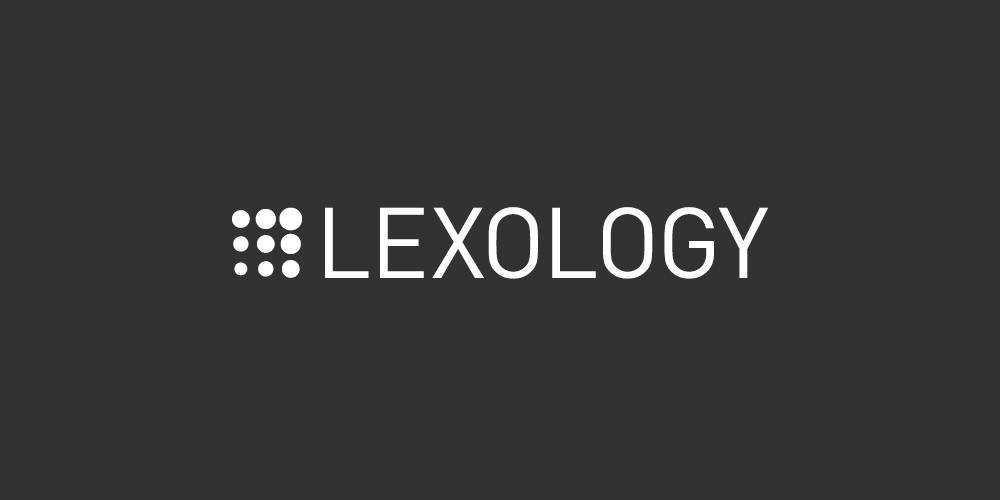Review your content’s performance and reach.
Become your target audience’s go-to resource for today’s hottest topics.
Understand your clients’ strategies and the most pressing issues they are facing.
Keep a step ahead of your key competitors and benchmark against them.
add to folder:
Find out more about Lexology or get in touch by visiting our About page.
The Australian Government has set its sights on combatting the growing trend of misinformation and disinformation on digital platforms, including social media channels, with the release of the draft Communications Legislation Amendment (Combatting Misinformation and Disinformation) Bill 2023 (Draft Bill) last Sunday. If implemented as proposed, the Australian Communications and Media Authority (ACMA) would be granted new and enhanced powers to combat harmful misinformation and disinformation online, and to impose significant financial penalties for non-compliance with the new restrictions.
The Draft Bill has been introduced following the Australian Competition and Consumer Commission (ACCC’s) Digital Platforms Inquiry in 2019, which highlighted the significant risks posed by the ‘infodemic’ of misinformation and disinformation shared on digital platforms, and post the introduction of the Government-requested voluntary code of conduct for disinformation and news quality by certain players.
Defining Digital Platforms
The Draft Bill proposes substantial amendments to the Broadcasting Services Act 1992 (Cth) – the legislation establishing ACMA – to insert a new schedule of provisions related to digital platform services.
The Draft Bill takes a three-layered approach to defining the ‘digital platform services’ that are within the scope of its powers, which allows for any potential future legislative reform related to digital platforms.
These services are broadly defined, referring to digital services that:[1]
As a result, a significant category of broad digital platforms and digital platform service providers will be in scope – ranging from social media channels to search engine sites and peer-to-peer marketplaces. However, digital services will not be captured to the extent that they are internet, SMS or MMS service providers.[2]
Defining Misinformation and Disinformation
Although we may use misinformation and disinformation interchangeably, the Draft Bill clarifies that ‘intent’ is key:
In seeking to balance freedom of expression with the need to address online harm, the Draft Bill outlines a number of exceptions, including:
A shift from self-regulation
Digital platforms currently self-manage approaches to misinformation or disinformation. This may take the form of collective industry codes of practice, such as the DIGI disinformation code of practice – a code that major technology companies such as Microsoft, Twitter, TikTok and Google have signed up to in recognition of their ‘role as important actors within the Australian information ecosystem’.
The Draft Bill gives ACMA the power to step in where industry-led self-regulation is determined as inadequate, or where it fails to remedy the growing trend of misinformation and disinformation. Specifically, the proposed powers would enable ACMA to:
Notably, ACMA will not have the power to request specific content or posts to be removed from digital platforms or have a role in determining what is considered truthful. Digital platforms continue to be responsible for the content they host and promote to users.
This seeks to recognise the challenging balance between the desire to ensure free speech online, the role of digital platform providers in determining, and being responsible for, the quality and nature of content on their own platforms, and the safety risks posed by certain forms of online content – such as those already regulated by the eSafety Commissioner. Further, ACMA will not be able to use its powers in relation to private messages[9] – save for, perhaps, its information gathering powers to ensure service providers collect information about key risks.
Nonetheless, it is clear that the proposed legislation is designed to reserve the ability for ACMA to force platforms into line where self-regulatory codes and practices have failed.
Serious harm
For misinformation to be covered by the Draft Bill, it must be ‘reasonably likely that it would cause or contribute to serious harm’. For harm to be serious, it is intended that it must have severe and wide-reaching impacts on Australians. Examples provided include inciting hatred, vandalising critical communications infrastructure, serious financial or economic harm or serious harm to the health of Australians. It would appear to be focused on misinformation shared socially, rather than professionally – for example, conspiracy theories – rather than information that is accidentally incorrect despite a publisher’s best intentions.
Penalties
Digital platforms that do not comply will face substantial penalties – up to, the greater of, AUD$6.88 million or 5% of global turnover for corporations (in recognition of the size of digital service providers), and up to $1.38 million for individuals.[10] This is in addition to warnings, remedial directions and other ‘softer’ remedies available at ACMA’s discretion.
What’s Next?
The Draft Bill is currently open for consultation until 6 August 2023, with the Government seeking industry feedback on the scope and complexity of the amendments.
We expect further information regarding these amendments to be released following the consultation period, but note they will likely fit within a suite of broader regulatory interventions regarding large digital service providers, including the News Media and Digital Platforms Mandatory Bargaining Code and the ongoing ACCC’s Digital Platform Services Inquiry.
add to folder:
If you would like to learn how Lexology can drive your content marketing strategy forward, please email [email protected].
© Copyright 2006 – 2023 Law Business Research
Fake news? – ACMA to receive new powers to hold digital platforms … – Lexology

